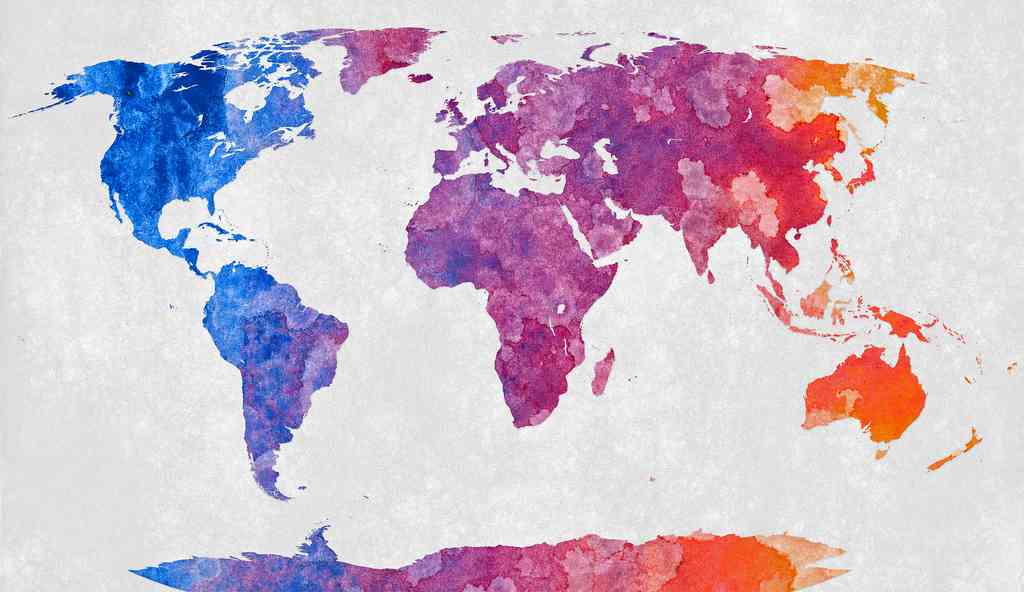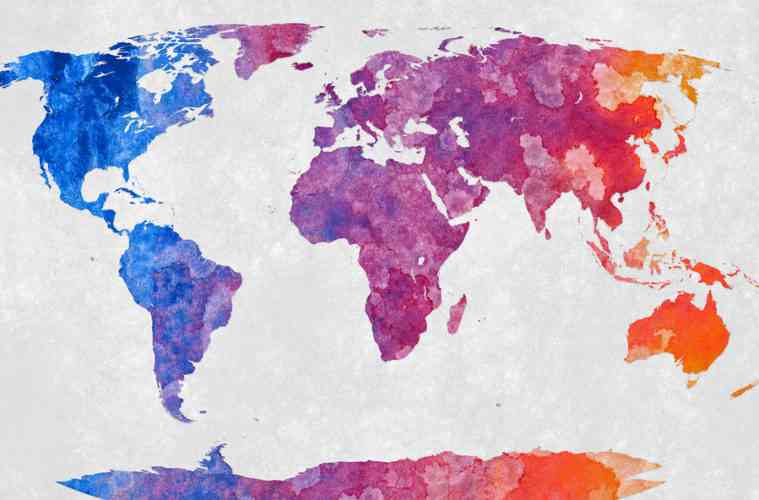
Image by Nicolas Raymond via Flickr.com
Here are a few things you should know about the travel alert before canceling all your plans:
No One Said Not to Travel
The State Department’s alert doesn’t say, “don’t travel”. It mostly says, “exercise caution”. Here is an excerpt from the alert:
“The State Department alerts U.S. citizens to possible risks of travel due to increased terrorist threats. U.S. citizens should exercise vigilance when in public places or using transportation. Be aware of immediate surroundings and avoid large crowds or crowded places. Exercise particular caution during the holiday season and at holiday festivals or events.”
This Isn’t Exactly the First Worldwide Travel Alert
It seems like every single news publication on the planet has jumped on the Worldwide Travel Alert issue and written at length about what it means for the US and for our fight on terrorism, what it means for people’s travel plans, safety and security, and so forth.
Mentioned late in some articles, or most likely not at all in some of them, is the fact that this rare and worrying travel alert was last issued in…December 2014.
Before that? August 2013.
There was also one in September 2011, one on May 2011…you get my point. The point being that the US likes to issue worldwide travel alerts almost annually.
Do the attacks in Paris and the threats by ISIS have most travelers somewhat concerned? Of course, and exercising caution and being aware of your surroundings is always a good idea. But the travel alert is not the unprecedented step some news outlets are making it out to be. The fact that most media outlets generally run by choosing panic and hype over balanced journalism shouldn’t deeply affect your plans.
Travel is Generally Safe, Yet Few People Believe This
If you haven’t read my article on why travel is less dangerous than you think, check it out. I even use “facts” and “data” to back up my assertions, being the numbers nerd that I am (thanks, degree in Economics!).
Always Be Aware, But Not Afraid
All this is not to say you should plunge ahead in any and all situations without basic knowledge or awareness of your surroundings. You should always exercise some caution, and not just because that’s what it says in the travel alert, but because that’s what you should generally do in life. Read up on safety etiquette in your destination, talk to locals to get their opinion, don’t flash expensive jewelry in high-crime areas, don’t get drunk and out of control alone late at night.
Other than that…what can you really do? If your greatest fear is terrorism, are you absolutely certain you are safer in your hometown than on the road? I could rehash statistics over and over explaining that no matter how scary and tragic these events are, the chances of being a victim of terrorism are beyond minuscule, and having a large percentage of people afraid to live their daily lives is in my opinion, also pretty tragic. But I understand that the Worldwide Travel Alert has some people concerned, and I understand that fear takes hold even in the face of all the numbers and statistics in the world. I won’t pretend I don’t occasionally get a twinge of anxiety at crowded bars and events after the recent attacks, or on my recent flight; a momentary fear I wouldn’t have felt otherwise. But giving in to that fear is something I refuse to do.
So I will leave you with this: be safe, be smart, and don’t give up on your next adventure.

